The Importance of Change Management in Project Implementation
Have you ever found yourself in this position?
You’re a stellar project manager, and your project delivered a great product. Your work breakdown structure was dialed, and you brought the project in on time and within budget.
Despite this, within the year, the product lies abandoned and neglected, gathering dust. The organization is already spinning up another project to build, configure, or implement another solution to the same business problem your endeavor was supposed to solve.
What happened? How did everything go off the rails after you wrapped up the undertaking?
Perhaps, while focusing our energy towards the project’s tangible deliverables, we forgot about the intangibles: Projects are agents of change.
By nature, the purpose of a project is to bring something from one state to another. People sometimes resist change. Some individuals love change. It marks new beginnings, up-leveling, and forward movement, while others are change adverse for various reasons like whether it will change what they are doing on a daily basis, will it be more work for them, what if they can’t learn the new way of being or operating.
Change management helps to identify those points of resistance and uses tools and techniques to address them for the best possible adoption.
So, the question is: Are we doing the necessary things in our projects to help prepare our stakeholders for change? 🤔
Do our projects truly deliver business benefits, or do they just create products and services?
And what’s the project manager’s role in preparing the organization for change? Do we need a change manager to support our efforts?
What Is Organizational Change Management (OCM) and How Is it Different Than Project Management?
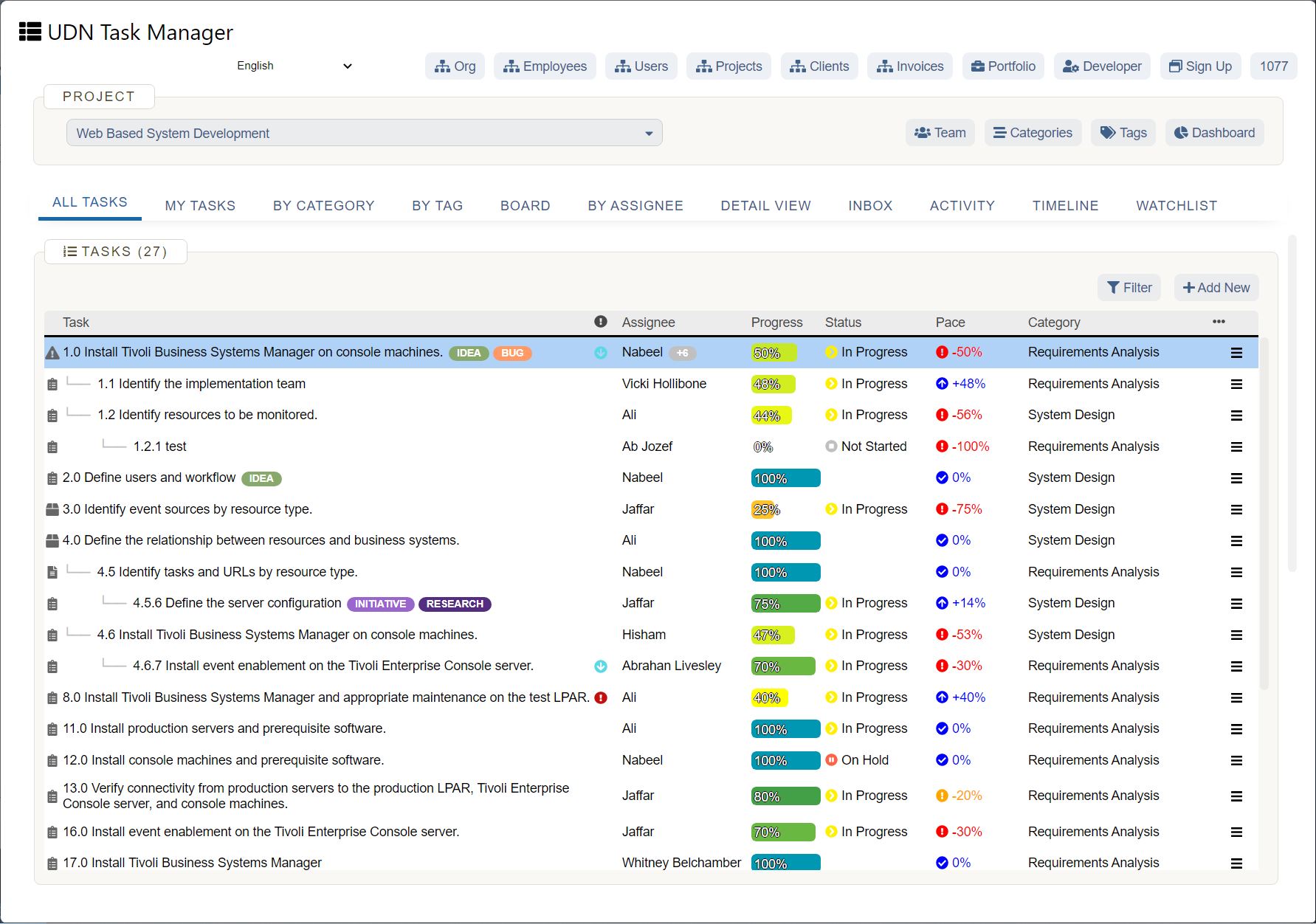
What exactly is OCM?
OCM is a growing market segment that is complementary to project management. It is the science of managing people through change.
You might be wondering… “Change management doesn’t sound very science-y?”
This is a social science as its research is focused on human behaviors or people’s reactions to change. As such, change management involves supporting organizational evolution as employees move into a new way of being.
Organizational Change is the result of a collection of individuals changing. Businesses and corporations don’t make the decision to change, associates who belong to them do.
People are the living and breathing things that make organizations run—the heartbeat of the structure. We need them, value them, and honor the change journey they travel. All improvements (big or small) require change and OCM aids in championing these efforts by providing assessments and plans to arrive at the best business outcome.
Think of it at this level: Is your project going to change a person’s location, process, system, tools, job role, mindset, reporting structure, compensation or behavior? Are they ready, willing, and able to take on this new change?
Consider the degree of impact that your project has along with how each person processes the change will help you understand what level of Change Management is necessary to make sure your project is successful long after you are onto your next project.
Because at the end of the day, you may have the “perfect” project closed out with all your KPIs scores with high marks, but if the people that you impacted do not change how they do their job to support your project, it will ultimately be a failure and you will not achieve what you set out to do from the beginning.
Organizational change is not project change. Project management processes concerned with shifts in an initiative, like change requests, logs, committees, are not the focus of organizational change management.
Rather, OCM focuses on interventions throughout the project that can promote an initiative. It affects communications, project leadership, managing resisters, and many other things.
What Is the Difference Between Organizational Change Management and Project Management?
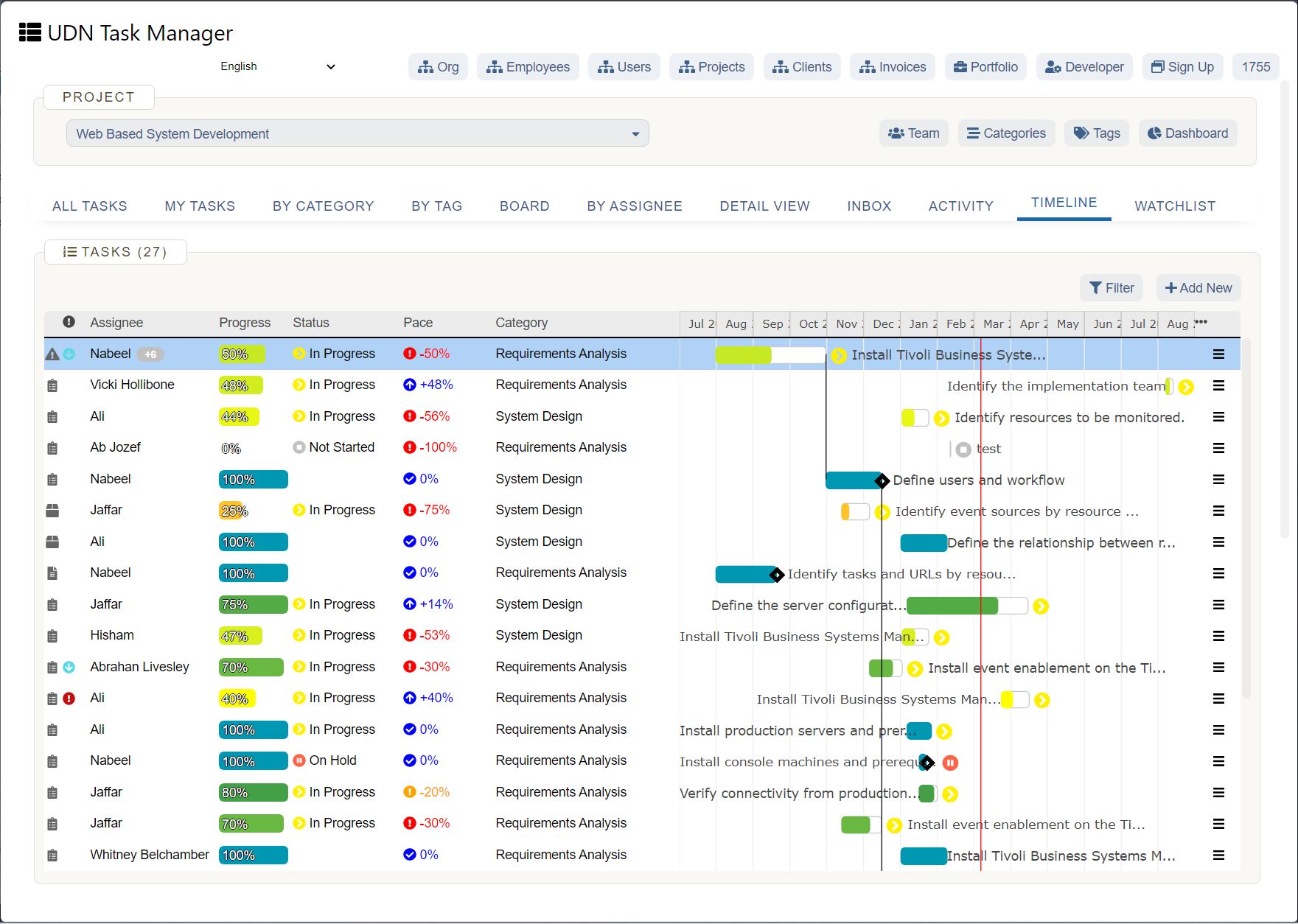
Project management focuses on the technical side of change.
Project managers are concerned with fulfilling requirements of time, budget, scope, quality, among many other areas.
Change management addresses the human and people side of change. Change management practitioners are dedicated to preparing people in the areas of awareness, desire, knowledge, ability, and reinforcement.
You might be thinking, “I expertly manage stakeholders and the team in my role as a project manager every day”
what’s the difference? 🤔
Although there can be crossover on what change management and project management focuses on, they’re two very distinct and separate disciplines. Each has specific methodologies, tools, and techniques, and desired outcomes. The shared goals of both are to create a sustainable change, improve adoption, and have a positive impact on resources. Change management and project management complement each other and are most effective when implemented simultaneously and with a strong leader or sponsor.
Kolme Group
Project Managers as Change Managers
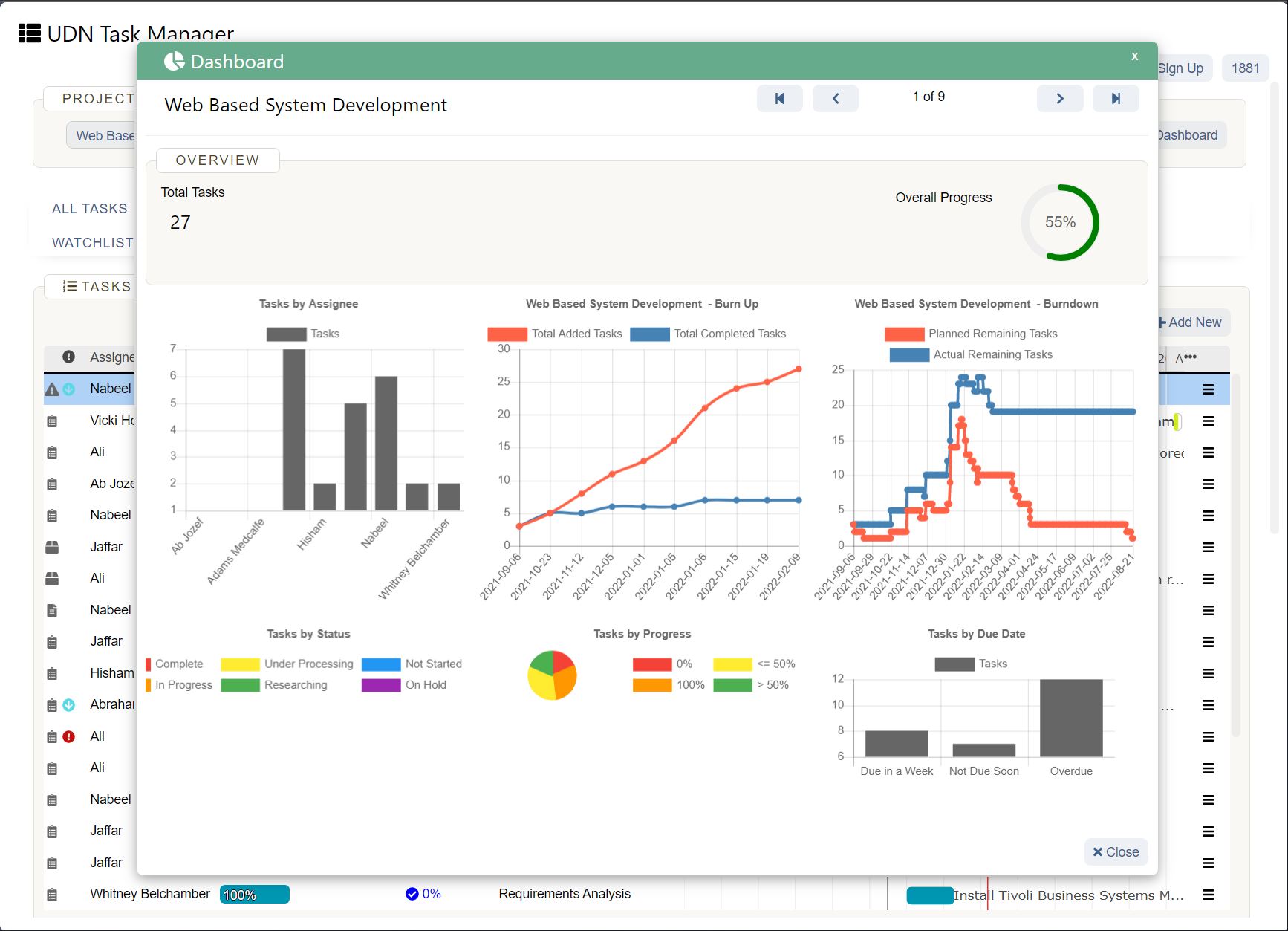
Now that we know the difference and similarities between Organizational Change Management and Project Management, how can we incorporate both into our projects?
Do I really need both a project manager and a change manager?
Ideally, your projects will have both a change manager and a project manager. With that said, change managers and project managers must work together as a team to integrate their activities.
Organizational Change Management is an investment (time and money) in getting leadership the tools to support the people side of change. Don’t let this scare you or let it stand in the way of including OCM in your projects. The benefits of this investment far outweigh the “costs.”
Organizational change management can help:
And if that isn’t enough…there’s more:
What if we don’t have a Change Manager?
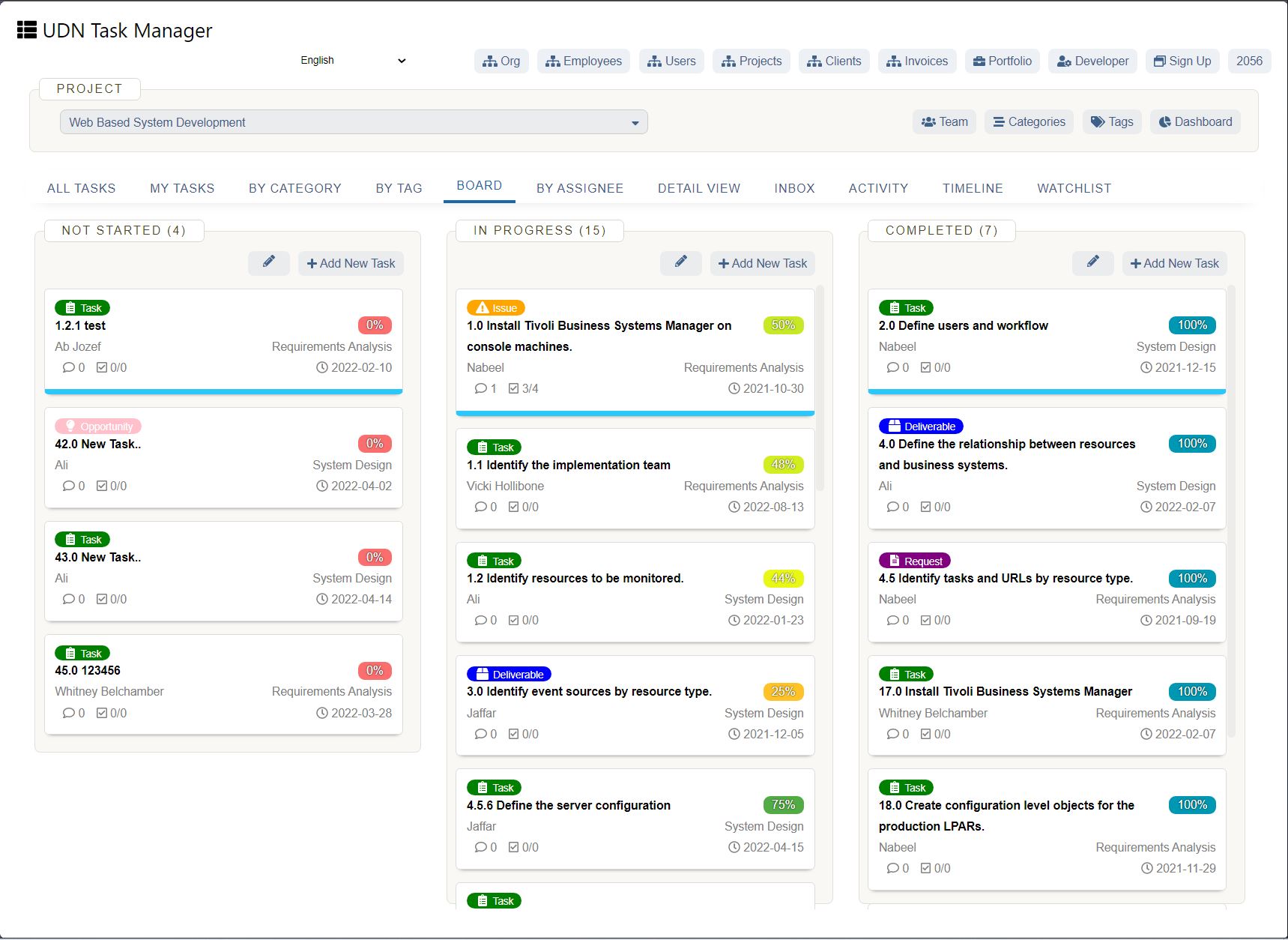
The point of a project is simply not just building deliverables. The objective is delivering value: Benefits Realization. This can be increased by addressing the people side of change. Things like coaching, assessments, sponsor and leadership engagement, and training can support project success.
Peacock via GIPHY
If you don’t have a change manager, don’t fret. As PM, you can incorporate change management tools and techniques into your practice.
Below is an overview of common change management tools, techniques, and plans that project managers can familiarize themselves with and add to their arsenal for positive project outcomes. Some require very little time and can provide information that is invaluable.
Tools and Techniques of Organizational Change Management
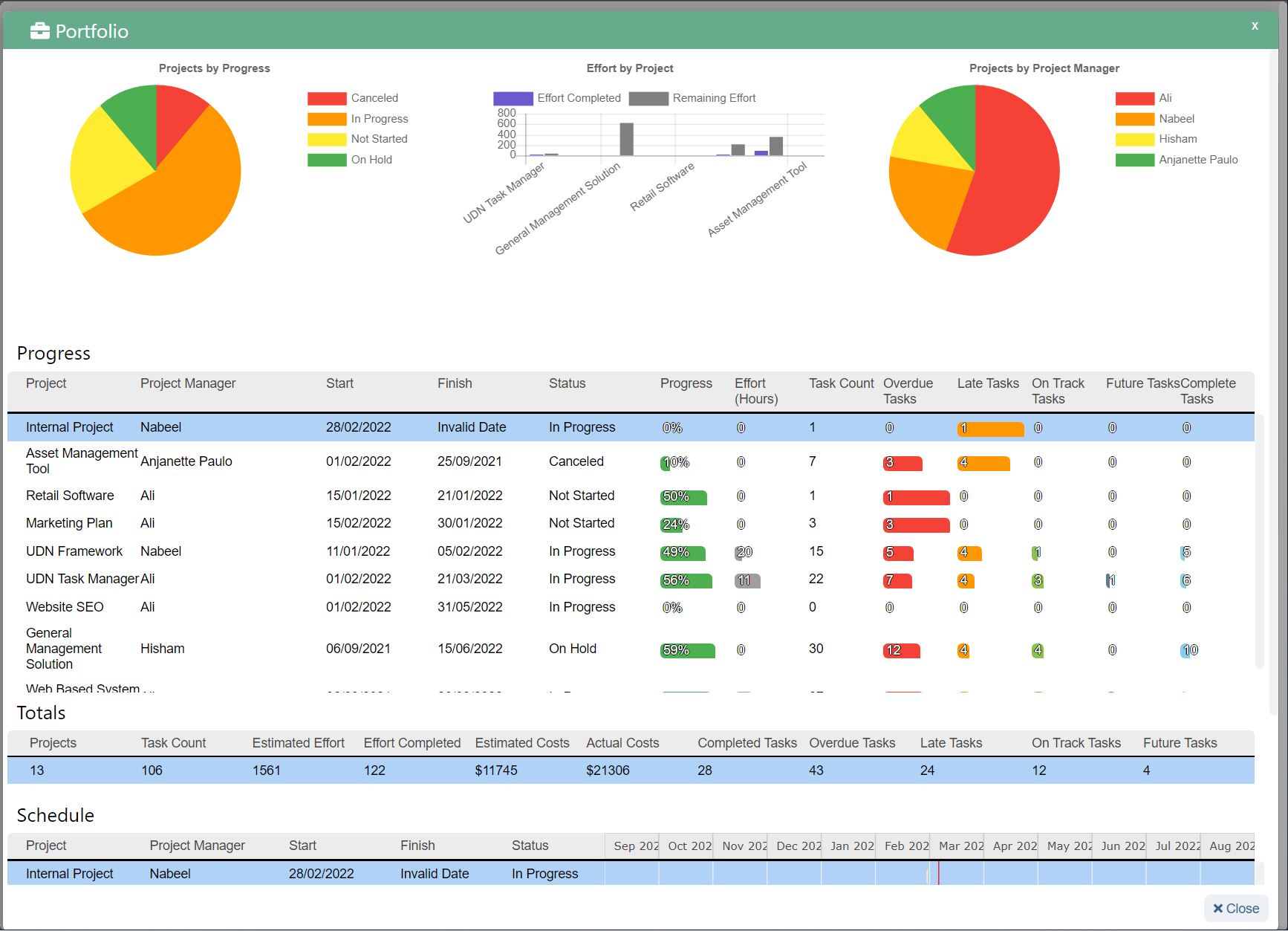
The main tools used in Organizational Change Management are assessments and plans.
Assessments:
Assessments can be utilized throughout the life of the project but are especially useful in preparation for change.
Various assessments are available to determine:
The results of those evaluations are used to create tailored and scaled plans. A few common types of assessments in change management are: ADKAR, Change Impact Assessments, Organizational Readiness Assessments, Stakeholder Analysis, among others.
It goes without saying that having a member of the planning team who is versed in preparing, gathering, and analyzing the assessments is extremely valuable.
To learn more about these assessments please visit:
Change Management Plans
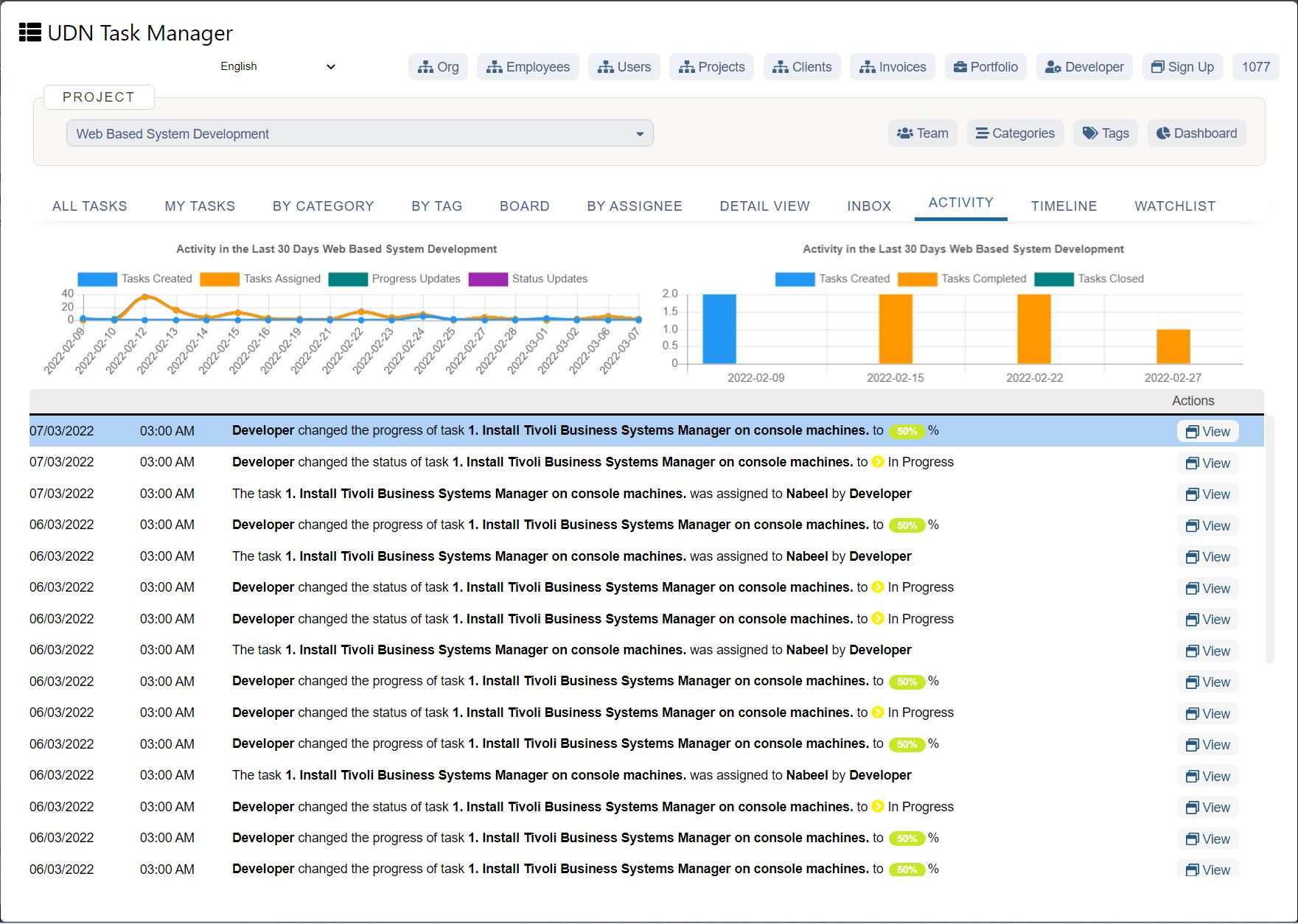
The purpose of the plans is to teach your sponsors and managers to be good leaders throughout the transformation. These documents spell out activities or roles that will need managerial attention during the execution of a project or institutional change. These tactics are developed, and action must be taken for them to be effective.
Corporate via GIPHY
The Truth About Project Sponsors
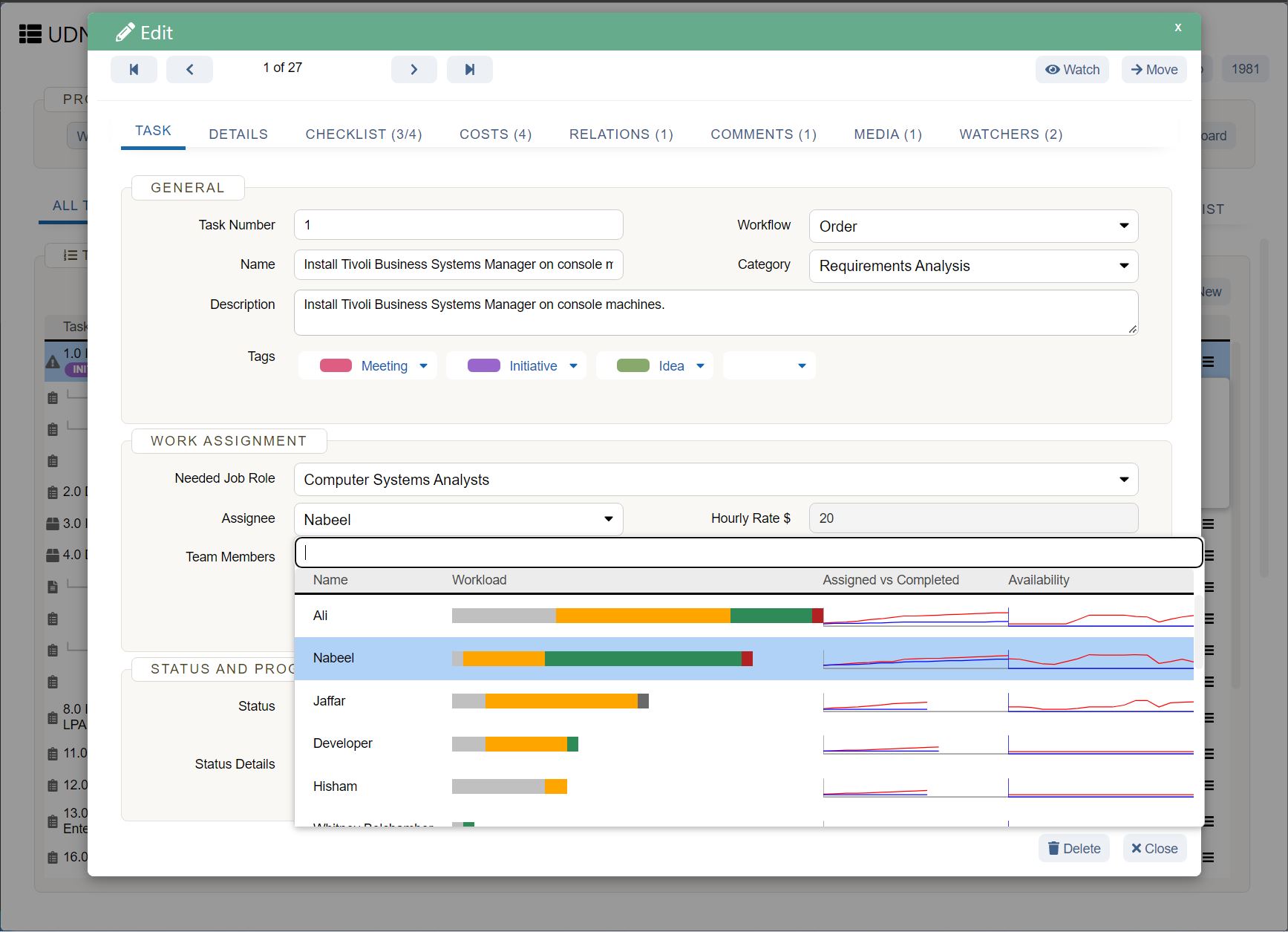
Exactly how important is sponsorship visibility?
Studies have shown that strong sponsorship is as important (if not more important) than communication. Sponsors often think they are only needed at the beginning of a project or just to make large executive decisions.
The fact is sponsors need to be involved throughout the lifecycle of the project, make decisions, and participate in exercises like communicating the change and coalition building. Sponsor presence can create an atmosphere of support and excitement, leading the way for the rest of the team.
So, is the sponsor the only leader on the project ?
The answer to this question is a strong, hard, NO!
Primary sponsors should build a coalition to support change.
This is key if the change is enterprise-wide or spans multiple departments. It’s wise to solicit executives charged with other business units to gain support from the leadership and staff who are affected by the change. Mobilize a team of talent that can cheer a project on throughout the whole company.
The Bottom Line

One truth to hold dear is anytime an organization executes a transition that involves people , addressing those factors that will affect them individually and holistically is highly beneficial.
There can be a plethora of reasons why folks don’t want to participate. Your team may have fears, resentments, and may be used to their old habits, the list goes on and on.
Be mindful of team members who are resistant to change and of those who revel at the thought of transformations (yes, those folks are out there too).
Relay the importance of the adjustment, listen to and act upon employee concerns and feedback. Take a moment to focus on the intangibles. Ask the question presented at the top of this blog, “Are we doing the things necessary in our projects to help prepare our stakeholders for change?”
If the answer is “no,” go do those things . Start today. You might just find that your project health, outcomes, and sustainability of the work are greatly improved by taking care of your humans.
Kolme Group has helped clients with free Change Management Assessments and high-level planning so they can focus on the value of Change Management for their organization.
Our experienced consultants see great value in using all the tools in our toolbox to make your projects thrive!
To find out more about our Project and Change Management Services, please visit our website . Be sure to follow us on Twitter , LinkedIn , and YouTube and use #KolmeGroup on shared posts!











